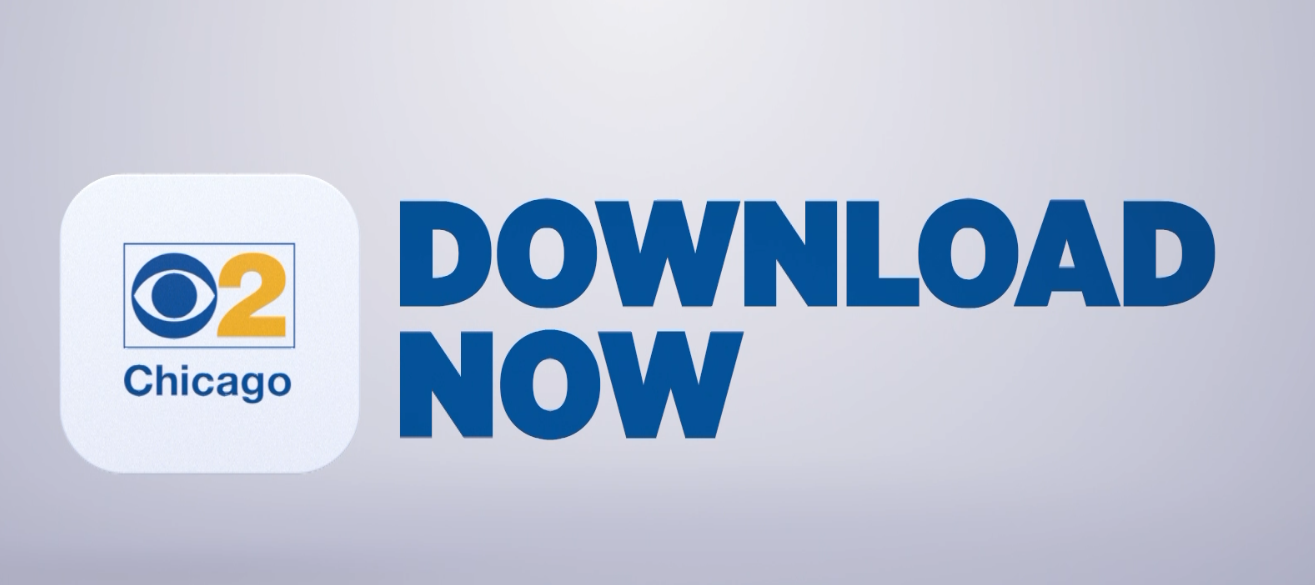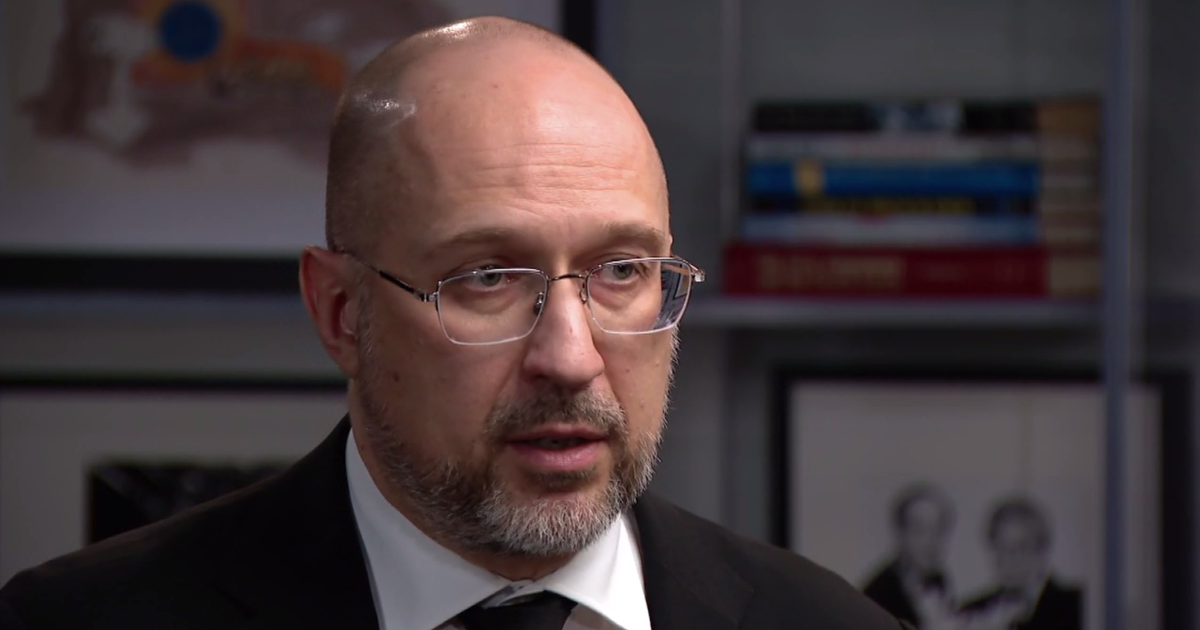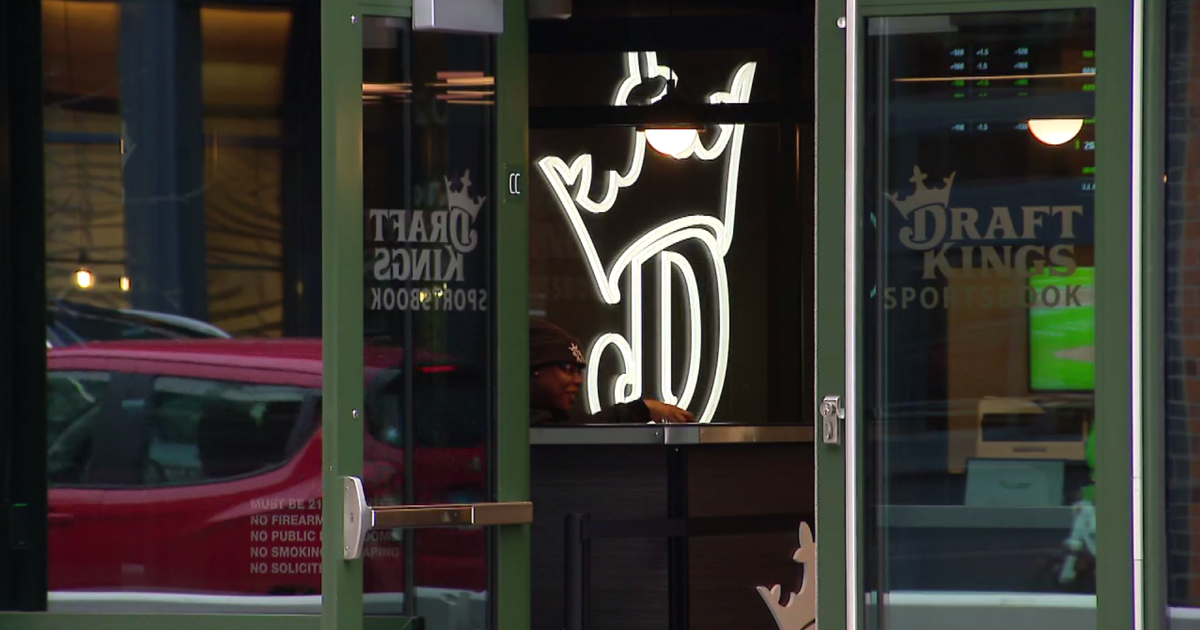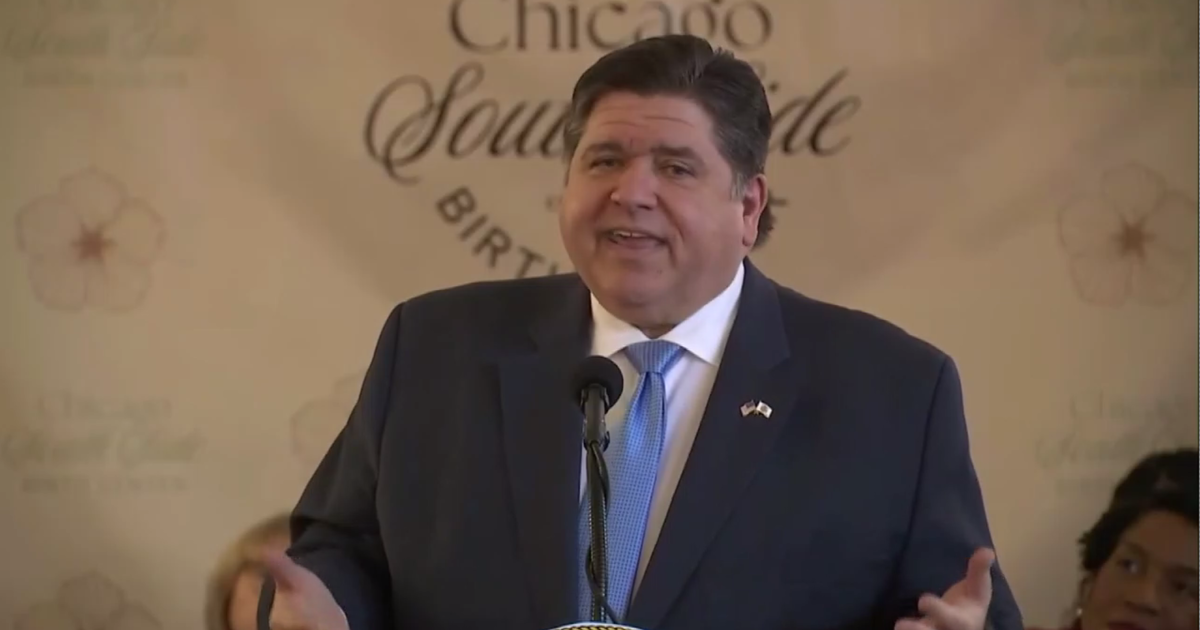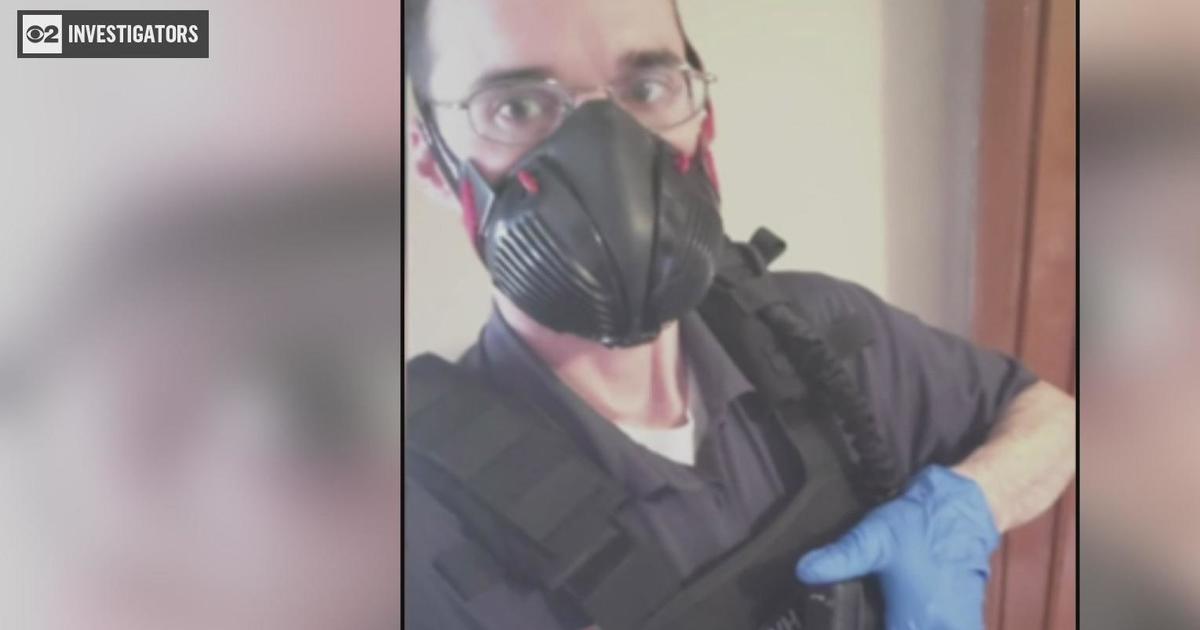Coronavirus In Illinois: Statewide Positivity Rate Up To 5.4%, Southern Illinois To See Extra Mitigations, Two Other Regions On Verge Of More Restrictions
CHICAGO (CBS) -- Extra COVID-19 restrictions will go into place in southern Illinois later this week, and two other regions are close to facing added mitigations, as Gov. JB Pritzker warned "a new wave could be upon us," with the statewide infection rate continuing to inch upward.
Pritzker said the 7-day average positivity rate in Region 5 in southern Illinois has surpassed 8% since Oct. 14, now standing at 9.1%, triggering new virus restrictions starting Thursday, including a ban on indoor dining and bar service. Region 5 includes Alexander, Edwards, Franklin, Gallatin, Hamilton, Hardin, Jackson, Jefferson, Johnson, Marion, Massac, Perry, Pope, Pulaski, Saline, Union, Wabash, Wayne, White, and Williamson counties.
Other restrictions that will go in place in Region 5 starting Thursday include requiring reservations for each party at restaurants and bars; shutting down party buses; requiring restaurants, bars, casinos, and other gaming facilities to close at 11 p.m.; and reducing capacity limits for public gatherings to the lesser of 25 people or 25% of overall room capacity.
Also From CBS Chicago:
- 'We Are In A Second Surge' As COVID Cases Spike In Chicago, Across Midwest
- SWAT Situation Ends Peacefully After Man Dangled For Hours Off Trump Tower
- Volunteers Boarding Up Homes In Harvey Despite City Wanting Them To Stop
Region 1 in northwest Illinois has been under increased mitigations since Oct 3, and its 7-day average positivity rate has only continued to climb since, now standing at 11.1%, according to Pritzker.
The governor said he realizes the extra mitigations being required in Region 1 and Region 5 will put even more of a burden on bars and restaurants that already were struggling to stay open during the pandemic, but he said it's necessary to try to contain the virus.
"It is an unfortunate fact that the research – and there is a lot of it – shows that bars and restaurants are places where there's a lot of spread of the virus. That's an unfortunate fact. I'm somebody who believes in small businesses, and small businesses are the greatest job creators in our state. Restaurants and bars are some of those great small businesses that I want to be supportive of. This virus does not seem to want to take that into account," he said.
Pritzker also noted the state has been offering so-called "business interruption grants" to small businesses still struggling during the pandemic, although he acknowledged "it doesn't completely take away the damage that this virus is doing" to their bottom lines.
"What we don't want for businesses is for them to be responsible for spreading the virus inadvertently, but in places where we know the research shows this is hugely problematic," he said. "We're trying to get through this and get our positivity rate down to a point where we can reopen bars and restaurants indoors."
The governor said, in regions where increased mitigations are required, including limiting public gatherings to no more than 25 people, it is up to local school districts to put in their own plans to keep students, teachers, staff, and parents safe.
"We've provided from the state board of education a guideline for all the schools to follow … which includes things like how should you separate kids in a classroom, how many kids can sit in a classroom," he said. "What we don't want to do is dictate to every school the same thing, because I think you all know every school is a little bit different."
Region 7 (Will and Kankakee counties) and Region 8 (DuPage and Kane counties) also recently surpassed 8% average positivity rates, and could soon qualify for extra virus mitigations as well. Region 7 previously had added restrictions in place for more than three weeks from late August through mid-September.
The new mitigations for Region 5 and warnings for Regions 7 and 8 come as Mayor Lori Lightfoot on Monday warned she could soon be forced to impose stricter COVID-19 mitigations in Chicago, due to a sharp climb in cases in the city in recent weeks.
"Make no mistake. We are in the second surge," Lightfoot said Monday morning.
Over the past two weeks in Chicago, the number of confirmed daily cases of COVID-19 has risen more than 50%, to more than 500 per day. The city's 7-day average positivity rate is up 29% in the past week, now at 5.4%, and COVID-19 hospitalizations in Chicago have risen 25% since late September.
Meantime, the statewide infection rate continues to inch upward, as Pritzker said all 11 regions of Illinois have seen their average positivity rates climb in the past week, and nearly all of those regions have seen an increase in COVID hospitalizations.
The Illinois Department of Public Health reported 3,113 new confirmed cases of COVID-19 on Monday, as well as 22 additional deaths. The new cases account for 6.4% of the 48,684 new tests reported on Monday, pushing the statewide 7-day average positivity rate in Illinois to 5.4%, the highest it's been since June 6, when the rate was 5.5%.
"It looks like a new wave could be upon us. It's everyone's grave concern that we may be going into the holiday season – a time in which we know people are likely to drop their guard and take greater risks – with surging cases, positivity, hospitalizations, and deaths," Pritzker said.
Pritzker said part of the problem for Illinois is that every other state on its borders has positivity rates in the double digits, with the rate at more than 20% in Wisconsin.
"We can't wall off Illinois from the surge, but we can take extra precautions, and do better than others at following the mitigations that slow the spread," Pritzker said. "Ours will not be one of the states that takes no action in response to rising cases, hospitalizations, and deaths. Following public health recommendations will bring our numbers down, and save our economy, and let more of our kids go to school."
Statewide, Illinois has reported a total of 347,161 coronavirus cases, including 9,236 deaths, since the start of the pandemic.
As of Sunday night, 2,096 virus patients were being treated in Illinois hospitals, the most COVID hospitalizations in the state since June 12, when there were 2,117 virus patients in the hospital in Illinois.
"The simple fact, as the governor laid out, is that the state is headed in the wrong direction. The number of cases are going up, the number of hospitalizations are going up, and the number of deaths are going up, and it's partially because people aren't worried about this anymore," Illinois Public Health Director Dr. Ngozi Ezike said.
With colder weather moving in, and people spending more time indoors, Ezike said the risk of spreading the virus goes up, especially if people get complacent and don't wear masks.
"This suggests that the number of cases will continue to rise, unless we do what we know we can do to turn this around, and that means wearing your mask; whenever you're around other people, whenever you cannot avoid six feet of distance. Try to avoid large gatherings. Reduce your exposure the best way you can," she said.
Ezike also noted cold and flu season are approaching, and both can cause respiratory illnesses similar to COVID-19, making it even more important for people to protect themselves from the spread of the coronavirus.
"If you wear your mask and you keep your distance, you will help stop the spread of virus," she said. "If you're around large numbers of people, and those people are also not masking, you can then become part of the reason that this virus spreads."
So far, the vast majority of coronavirus patients in Illinois have recovered from the disease, with a 97% statewide recovery rate as of Monday. The state's recovery rate calculates the number of people who have tested positive for the virus, and have survived at least 42 days after their test.
